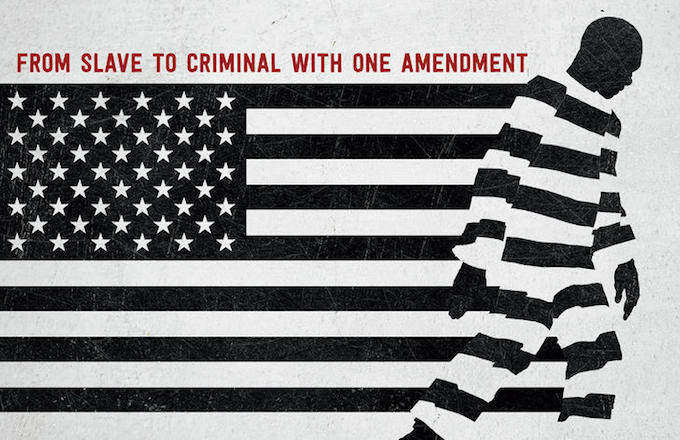

After Ava DuVernay burst into the mainstream as director of the acclaimed 2014 film Selma, she did not earn an Academy Award nomination for Direction, despite the film earning a Best Picture nod. Whatever doubts anybody might have had about her skill as a director should now be put to rest after her stunning new documentary 13th, now streaming on Netflix.
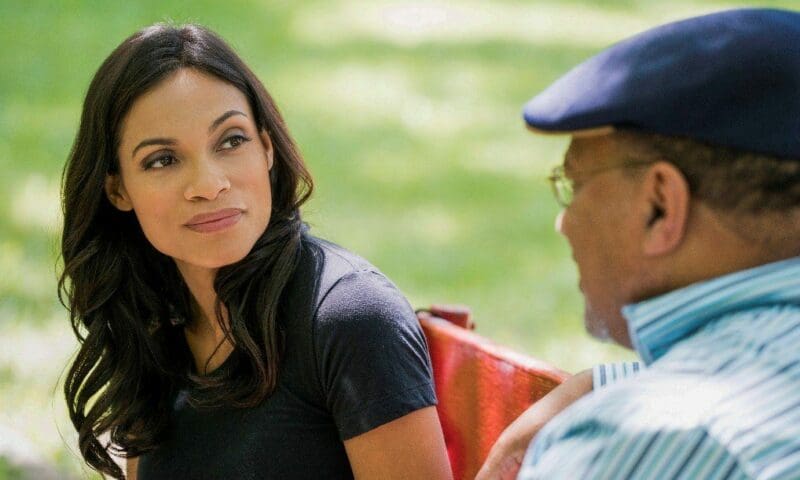

Depending on whom you ask, Solly Granatstein and Rick Rowley have spent their careers either causing trouble or exposing truths. As investigative journalist-filmmakers they have been on the front lines of digging up facts and battling the status quo, all to expose injustice. They’ve been pretty damn good at it too.
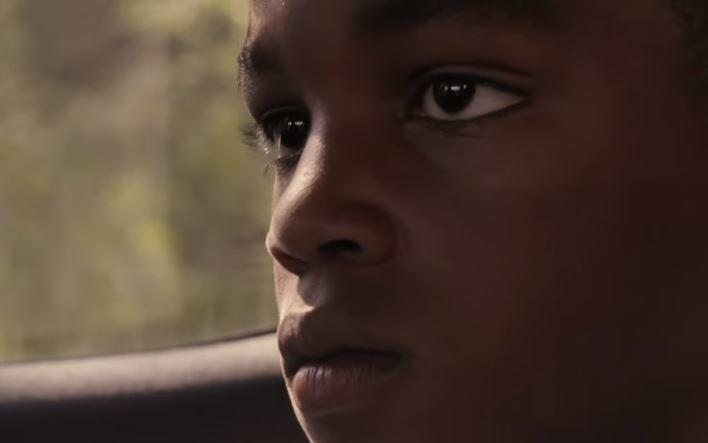

EPIX’s new documentary series America Divided bravely tackles America’s myriad problems that stem from systemic inequality. Created by acclaimed filmmakers Solly Granatstein, Rick Rowley and Lucian Read, and executive produced by Lear and the singers Shonda Rhimes and Common, the series reveals a tale of two Americas that coexist in a twisted parallel universe.
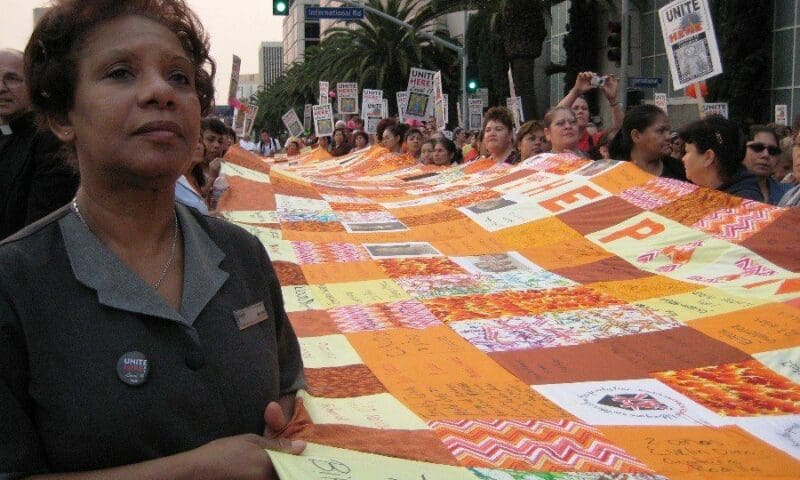

The theater piece Changing Lives, Changing LA – Hotel Workers Rising was created through many interviews, cut-and-paste pieces of script stuck up on a wall and moved around, lots of serendipity and much heart. It makes its debut Friday at Loyola Marymount University.
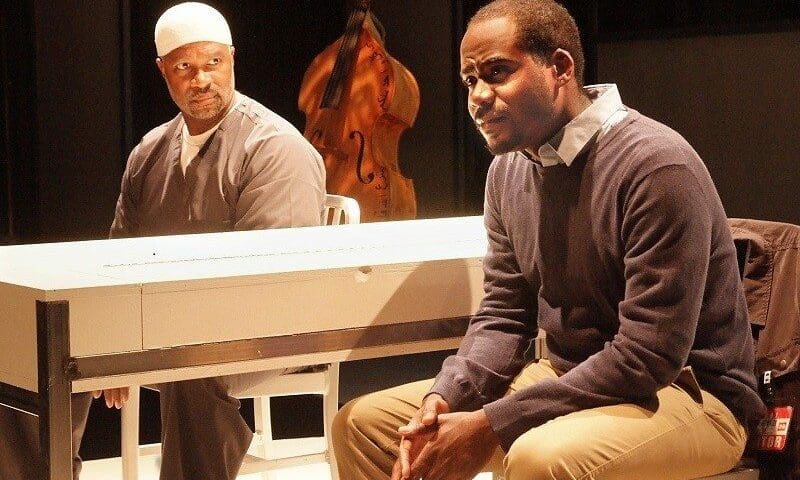
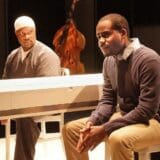
Bars and Measures, Idris Goodwin’s moving drama, directed with a sure hand by Weyni Mengesha, can be appreciated on several levels. To begin with, it’s a political work, a disturbing tale involving the questionable prosecution of an American Muslim for abetting a terrorist organization.
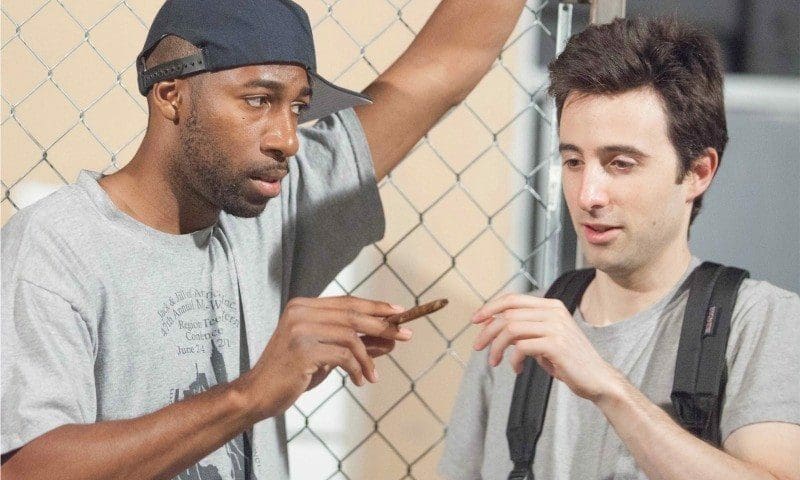

Greg Keller’s play is set in 1992, and opens on a subway traveling north from Manhattan to the Bronx. Steve (Josh Zuckerman), middle-class and white, is reading War of the Worlds, and intent on ignoring the obstreperous behavior of a lanky black man, distinctly non-middle-class, who seems to be eyeing him from across the aisle.


One of the wryest moments in Karen Rizzo’s insightful one-act comes when Lee (Mark Carapezza), a sculptor attending a dinner party with his wife, blinks with bewilderment as he clutches a glass of $2,500-a-bottle Scotch in one hand and a goblet of chichi red wine in the other.
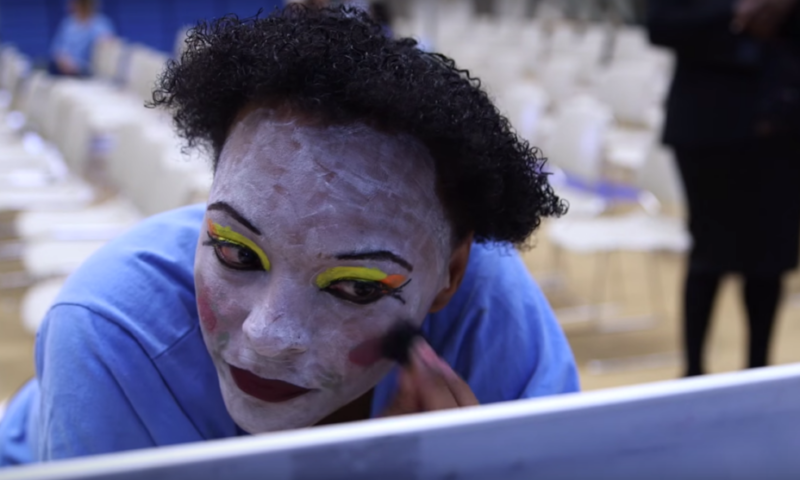

Vivian Rothstein reports on a theater program for California inmates.
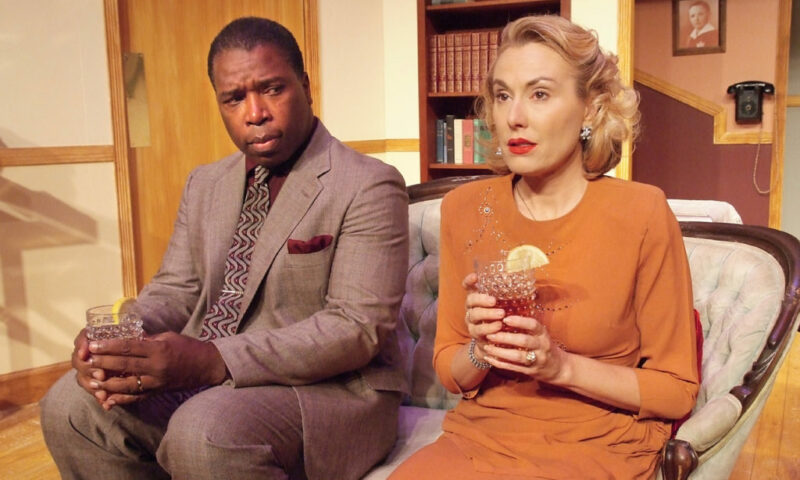
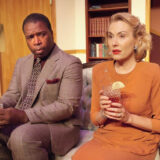
The premise for Blueprint for Paradise sounds like a punchline: Nazi sympathizers looking for someone to design a secret compound in Southern California decide to hire a leading architect — only to discover that he is African-American. But playwright Laurel Wetzork’s conceit is no joke. It’s based on real-life events.
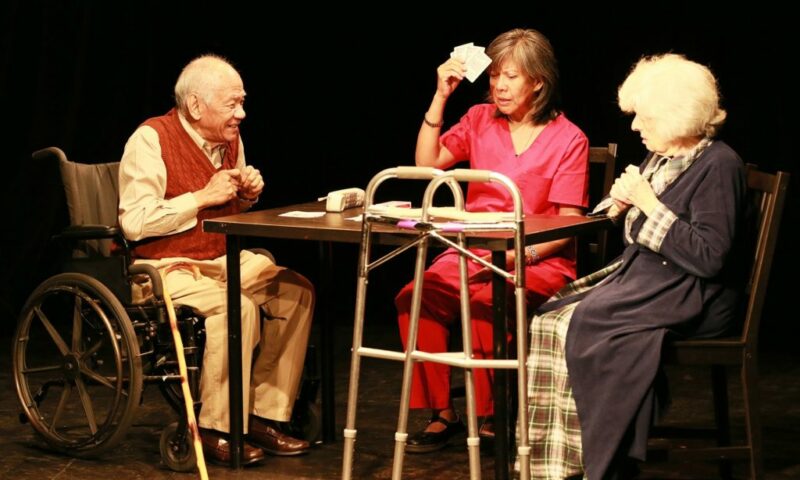

Most Americans have limited knowledge of the history and hardships of ethnic groups and nationalities outside their own (despite the best efforts of progressive educators in some of our urban schools to have it otherwise).
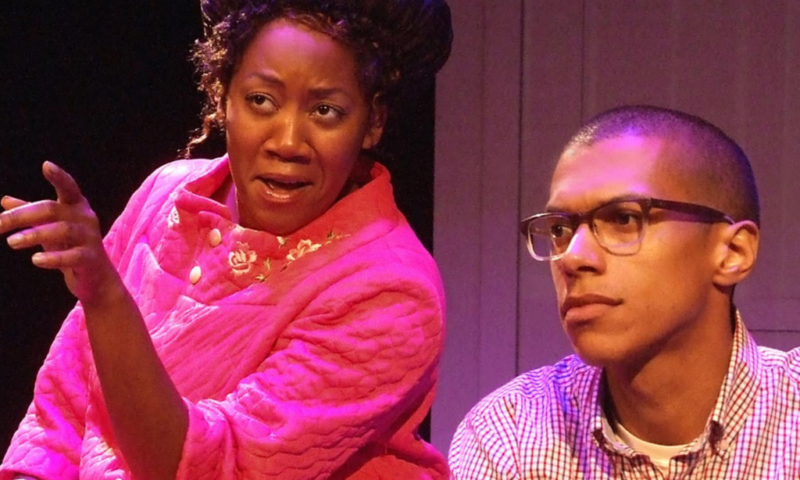
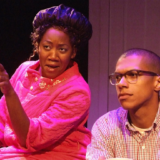
Obama-ology, written by Aurin Squire, takes place in 2008 and revolves around a youthful volunteer for the Obama campaign and the life education he receives from his senior colleagues and the folks in the community where he’s working.
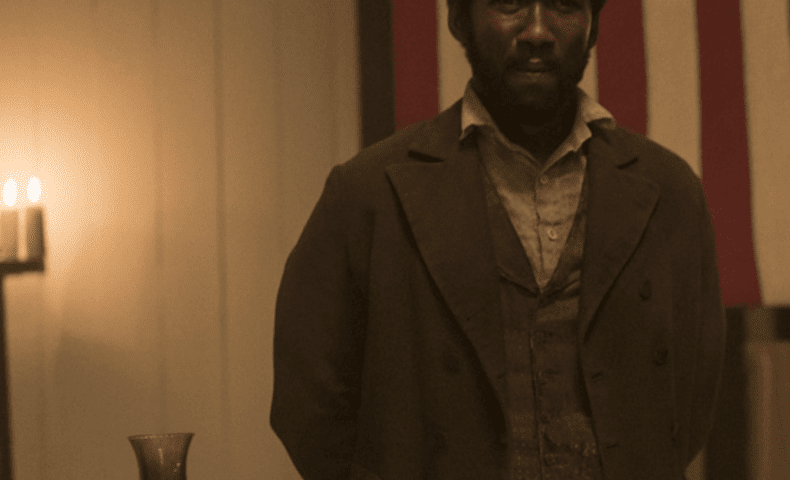
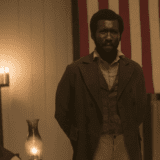
Some reviewers have criticized the movie as another in a long line of “White Savior” films that feature a white protagonist who “leads” African Americans to freedom, or otherwise provides the wherewithal for them to fight their oppressors.
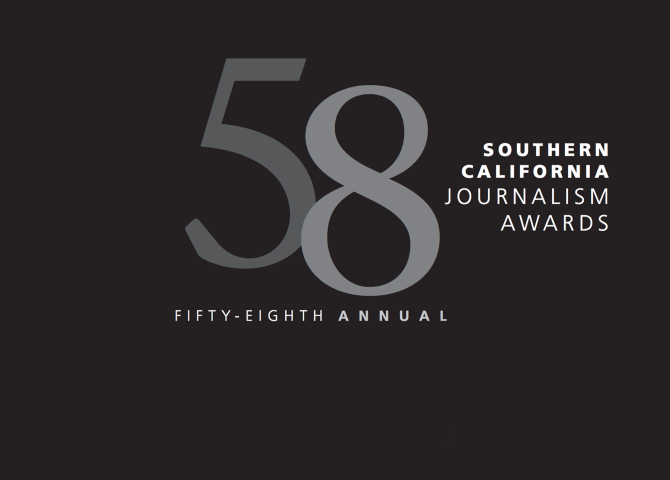

Capital & Main won top prize in one of the lead categories and finished second or third in five others Sunday evening at the 58th Annual Southern California Journalism Awards.


Human frailty and societal faults are being vividly probed on Broadway as the season draws to a close.
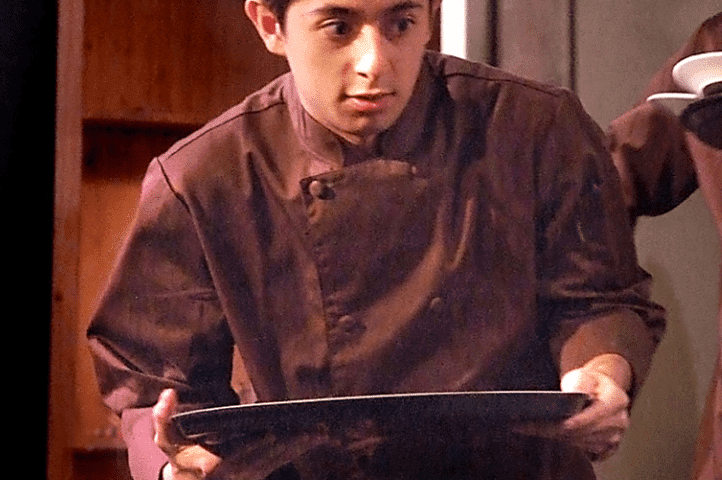

It’s often apparent at countless restaurants around the country that the hardest working employees are the bussers, with the “back of the house” providing the foundation for the entire culinary enterprise.
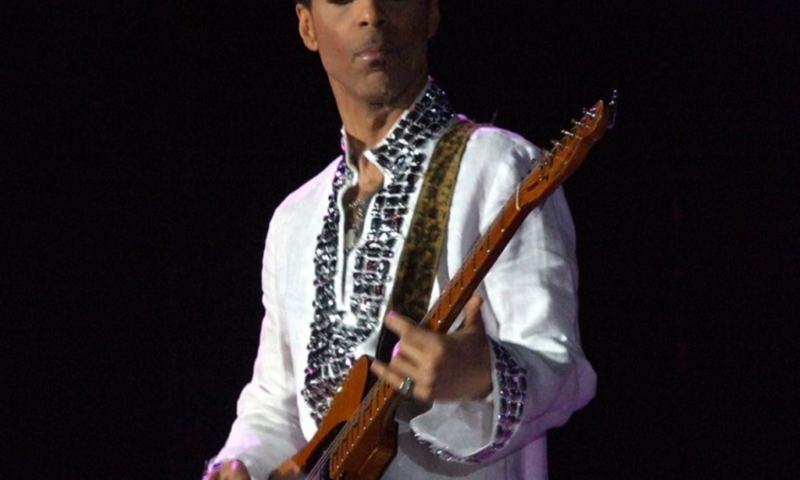

In some ways, Prince was the most successful pop recording artist who wrote frankly and pointedly about sexuality in nearly every one of his songs.


Deanna Dunagan and Seamus Mulcahy (Photo: Kevin Parry/Wallis Annenberg Center)
Jesse Eisenberg has carved a film career playing irritating nebbish-antiheroes in a host of roles. He even earned an Oscar nomination for best actor in the most memorable of these, as Facebook founder Mark Zuckerberg in The Social Network. But his artistic ambitions also encompass writing for the stage, and his second play, The Revisionist, opens with an engaging premise, albeit an unfulfilled one.
David (Seamus Mulcahy), a young American writer wrestling with a book revision, comes to Poland to visit a distant, aged cousin, Maria (Deanna Dunagan), a Holocaust survivor. Unfortunately, the two have very different notions of how David will spend his journey. Maria, a crimped pensioner who fills her lonely days watching CNN (to help with her English), envisions a chance to connect with a far-flung relative,


Immigration has never been more in the national spotlight, with Republican presidential candidates histrionically claiming most of those who cross the Mexican border are rapists and murderers, while calling for everything from mass deportations to the building of a massive wall with Mexico. Politicians and citizens are also debating how best to deal with Syrian refugees fleeing their war-torn country.
But there’s a border story the majority of Americans are not hearing about.
Over the last two years, more than 100,000 unaccompanied minors — from those under 18 years old to as young as 6 — have crossed the border trying to escape the violence that plagues their home countries of El Salvador, Honduras and Guatemala. You won’t find this mass exodus mentioned in stump speeches or discussed by pundits on the 24/7 news channels.
Herself the daughter of Cuban refugees, CalArts teacher/playwright Marissa Chibas is trying to do something about that.
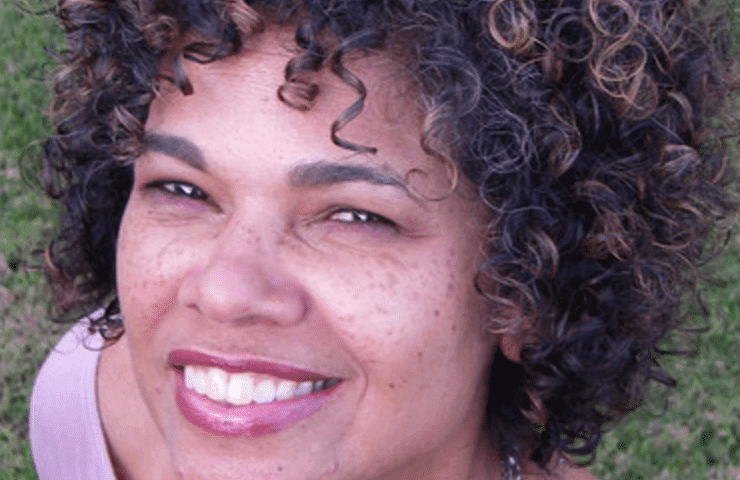

In books, blogs and newspaper pages, Los Angeles journalist and social critic Erin Aubry Kaplan has offered astute and unforgiving opinions about America’s race and class divides. (In 2005 she became the Los Angeles Times‘ first weekly black op-ed columnist.) In Black Talk, Blue Thoughts, and Walking the Color Line, the KCET website contributor gave this cool appraisal of the Rodney King beating trial’s fateful aftermath: “The riots had broken black issues out of a glass case where they had been visible, but coiled and silent.”
Her latest book, I Heart Obama, examines what America’s first black president has meant to African Americans, and to her personally. As Obama’s final term in office winds down, she looks back on the promise and shortfalls of his watershed administration:
“Jackie Robinson had it bad for sure.
» Read more about: Erin Aubry Kaplan Brings “Obama” to Book Soup »
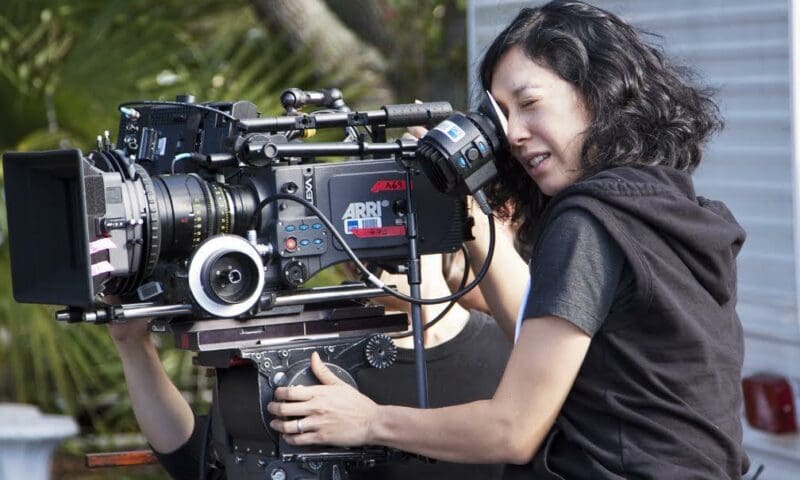

Hollywood insiders scanning the #Oscarsowhite lists of this year’s Academy Award nominees have not failed to notice that the five candidates for Best Cinematography are all male and all white—and to no one’s surprise. While the Academy of Motion Picture Arts and Sciences has announced changes in membership rules to make its voters more inclusive in years to come, not a single woman or person of color in the “lenser” category, as the trades call directors of photography, has ever been tapped to receive the coveted gold statuette to be handed out this year at the Academy’s 88th ceremonials on February 28 at the Dolby Theater.
Also Read: Race and the Oscar Race
“It’s a shame,” says Rebecca Rhine, national executive director of the International Cinematographers Guild Local 600, which is part of the International Alliance of Theatrical Stage Employees (IATSE). Noting that “access and opportunity” to employment determine who gets to win awards,
» Read more about: #belowthelinesowhite? Hollywood’s Rank & File Leaders Tackle Diversity »